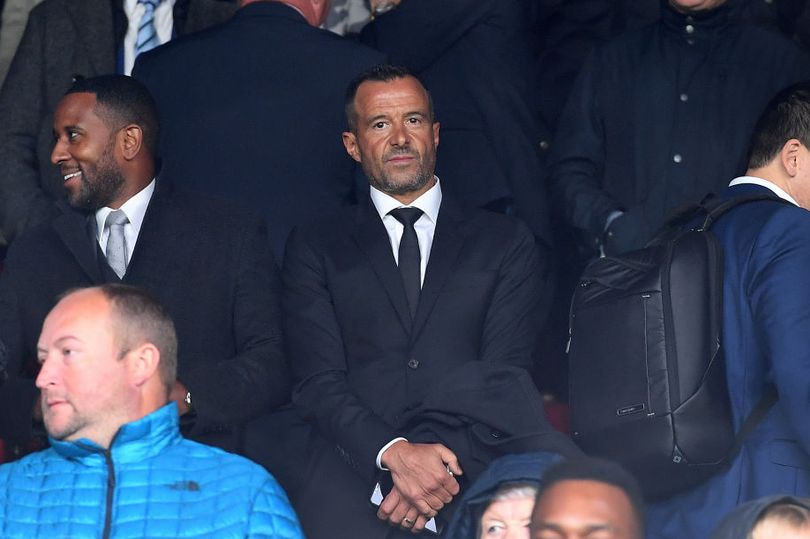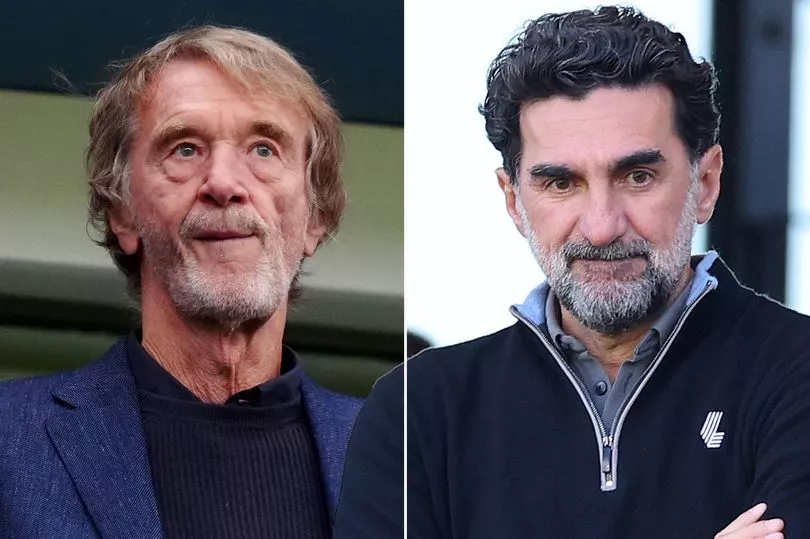Manchester United owner Sir Jim Ratcliffe has voiced strong opposition to the concept of anchoring, labeling it an “absurd” idea that could potentially inhibit the Premier League’s top clubs. Meanwhile, clubs like Newcastle United could find significant advantages if such measures are introduced.
Football finance expert Kieran Maguire has suggested that Newcastle and other ambitious clubs should welcome anchoring as a way to level the playing field, particularly for those aiming to challenge the traditional elite.
The Premier League recently agreed to trial anchoring in shadow form during the current season, with a formal vote on the matter expected in the future. Under the current Profitability and Sustainability Rules (PSR), clubs face a cap limiting losses to £105 million over a rolling three-year period.
Anchoring, however, would redefine these regulations by allowing teams to spend up to five times the amount of TV and prize money received by the bottom club. For example, with TV revenue for the bottom club currently at £106 million, anchoring would permit spending of up to £530 million on wages for all clubs.
Simultaneously, the Premier League is also testing squad cost rules. These regulations aim to limit on-pitch spending to 85% of revenue and net profit or loss from player sales for clubs not competing in Europe.
Teams participating in European competitions already adhere to UEFA’s financial rules, which cap spending at 70% of turnover. Newcastle, having played in the Champions League last season, is already aligning its financial operations with these stricter European standards.

Squad cost regulations are not entirely new, but the introduction of anchoring represents a significant shift in financial governance. Ratcliffe has argued that anchoring would hinder top-tier English clubs from competing with European giants like Real Madrid, Barcelona, Bayern Munich, and PSG.
The concern stems from the fact that commercial income, a key revenue stream for elite clubs such as Manchester United, is disregarded under anchoring rules. This omission could diminish the financial advantages enjoyed by commercially successful clubs, creating a more equitable distribution of spending power across the league.
Manchester United’s current struggles illustrate the stakes involved. Despite sitting in 13th place and facing the likelihood of another season outside the Champions League, the club continues to generate substantial commercial revenue.
Anchoring, if implemented, would limit the benefit of such income, reducing United’s ability to outspend rivals and maintain their dominance. Maguire highlighted this potential shift, explaining that anchoring would act as a “hard cap” on spending, a move that could significantly alter the competitive landscape.
From Newcastle’s perspective, anchoring represents an opportunity to bridge the gap between mid-tier and elite clubs. Maguire pointed out that ambitious teams like Newcastle and Aston Villa stand to benefit from anchoring, as it establishes a spending ceiling tied to TV revenue rather than overall income.
This change would empower clubs with strong ambitions but less commercial clout to invest more heavily in their squads, challenging the traditional hierarchy of English football.
Anchoring contrasts sharply with the soft cap approach, which ties spending limits to a percentage of income. Maguire noted that the soft cap discriminates against clubs attempting to ascend the ranks, as it restricts spending based on financial history rather than future potential.
Anchoring, on the other hand, allows all clubs to spend within a fixed multiple of TV revenue, providing a more balanced framework that aligns resources with competitive ambitions.
The political nature of these proposed changes cannot be ignored. Anchoring challenges the financial dominance of clubs like Manchester United, whose commercial power has long been a cornerstone of their success.
Ratcliffe’s criticism underscores the resistance from established powers, who see anchoring as a threat to their ability to outpace rivals financially. Meanwhile, Newcastle and similar clubs view the proposal as a step toward greater parity, enabling them to invest in their squads without facing insurmountable financial restrictions.
The debate over anchoring reflects broader tensions within football governance, balancing the desire for competitiveness with the financial realities of running a top-flight club.
For Newcastle, anchoring aligns with their aspirations to establish themselves as a perennial contender in the Premier League and beyond. With the club’s ambitious ownership group and recent success in European competition, anchoring could provide the financial framework needed to sustain their upward trajectory.
Ultimately, the introduction of anchoring and squad cost rules could reshape the Premier League’s competitive landscape, challenging the traditional dominance of commercially powerful clubs while empowering ambitious challengers.
Whether these measures gain approval will depend on the ability of stakeholders to navigate the complex interplay of financial interests, competitive fairness, and long-term sustainability. For Newcastle and other rising clubs, anchoring represents a chance to compete on more equitable terms, signaling a potential shift in the balance of power in English football.

